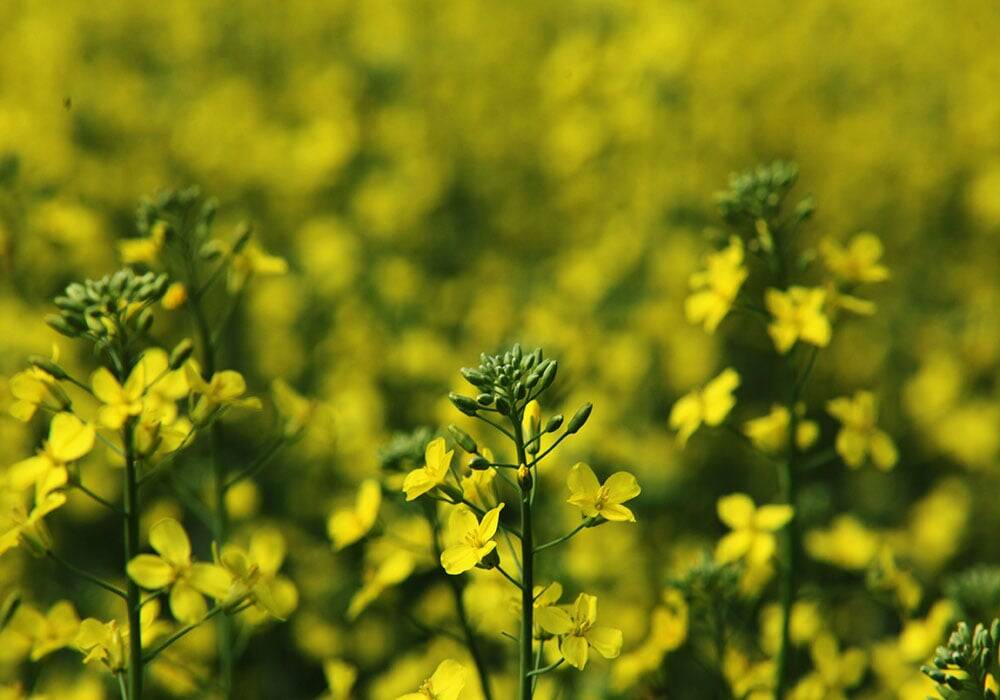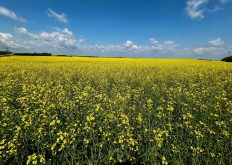The five production sites licensed to grow medical marijuana in British Columbia will not get to call themselves “farms” for tax purposes starting next year.
The provincial government announced Wednesday it will exclude federally-licensed medical marijuana production from the list of agricultural uses under which a property could be classified as a “farm” for assessment and property tax purposes.
The exclusion will take effect on property assessments in the 2015 tax year.
Allowing the federally-licensed grows to have “farm” taxation status would have allowed them to operate with reduced tax rates, PST exemptions and exemptions on farm buildings of up to 87.5 per cent of value.
Read Also

Canola industry pumped about 45Z clean fuel ruling in U.S.
Canada’s canola sector is pleased with the new 45Z guidance published by U.S. Treasury.
The province said its position “takes into consideration the nature of the highly-regulated and secure facilities” and is “consistent” with policy next door in Alberta.
However, the province said, it will also continue to view medical marijuana production as an allowable “farm use” on land within the province’s Agricultural Land Reserve that should not be prohibited by local government bylaws.
Medical marijuana facilities would thus join a list of ALR-allowable activities that also aren’t eligible for farm classification for property tax purposes, such as farm/ranch tourism operations; sand or gravel extraction, and and winery and cidery facilities.
B.C.’s Agricultural Land Commission has ruled medical marijuana production is consistent with the definition of a “farm use” under the province’s Agricultural Land Commission Act — but production of a federally-regulated narcotic makes the land ineligible for farm classification for property tax purposes.
The B.C. government said its decision will ensure local governments don’t lose potential property tax revenues from the Health Canada licensed-production facilities.
The province also warned that any local governments looking to propose a bylaw prohibiting medical marijuana may want to seek legal counsel. Such a bylaw could face a constitutional challenge on the grounds of “frustrating a lawful initiative of the federal government.”
Federal regulations for medical marijuana came into effect April 1. Under the new system announced the previous June, the only way to access medical marijuana for medical purposes is through commercial, licensed productions. [Related story]
As of May 5, five licenses were issued to B.C. producers, in Central Saanich, Maple Ridge, Whistler, Nanaimo and Spallumcheen. — AGCanada.com Network














